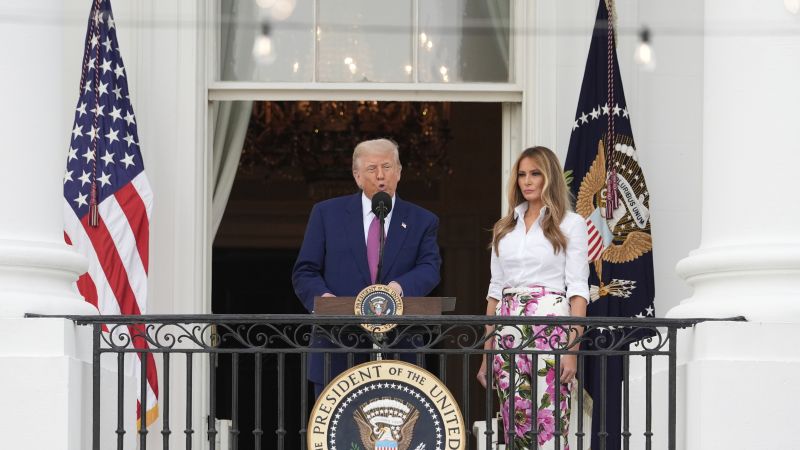In a significant judicial decision, a federal appeals court temporarily halted a ruling that mandated President Donald Trump to relinquish control of California’s National Guard back to the state. The 9th US Circuit Court of Appeals’ decision arrives after Senior US District Judge Charles Breyer determined that Trump had unlawfully federalized a substantial portion of the California National Guard. The judge’s ruling would have required Trump to return authority over these troops to California state officials by mid-day Friday, but the appellate court’s order placed this directive on hold.
This ruling marked a notable victory for California’s Democratic Governor, Gavin Newsom, who had initiated legal action against Trump and Defense Secretary Pete Hegseth earlier this week. The lawsuit stemmed from Trump’s decision to federally call in troops amidst protests in the Los Angeles area, which erupted in response to his stringent immigration policies. Judge Breyer articulated that Trump’s method of federalizing the National Guard not only exceeded the lawful limits of his authority but also contravened the Tenth Amendment of the United States Constitution, necessitating the immediate reinstatement of state control over the National Guard.
Judge Breyer’s ruling elaborated on the procedural missteps in Trump’s actions, emphasizing that the President did not fulfill the necessary legal conditions for activating the National Guard from state status to federal command. He articulated that federal law stipulates that such orders must be issued through the state governor, which Trump had failed to adhere to in this instance. According to Breyer, regardless of whether or not consultations occurred between state and federal authorities, the lack of an official order made through Governor Newsom rendered Trump’s federalization efforts invalid.
In the lawsuit, it was evident that Governor Newsom contended Trump’s deployment of troops was neither necessary nor justified. Trump’s invocation of federal law allowing the President to suppress what he termed a “rebellion” was scrutinized by Judge Breyer, who determined that the protests in Los Angeles did not qualify as such. The judge poignantly noted that genuine rebellion entails a degree of violence that was absent in the context of these protests. Furthermore, he highlighted the weakness of any evidence indicating that the protesters aimed to overthrow the government or were engaged in vast-scale violent uprisings.
Criticism arose as Breyer deemed the Department of Justice’s argument implying that the protests constituted a rebellion as troubling. He underscored the importance of protecting the civil liberties enshrined in the First Amendment, arguing that rodent judgment labeling protest actions as rebellion poses a serious threat to fundamental rights. Breyer articulated the stance that the spontaneous and often chaotic nature of protests should not overshadow the right of individuals to dissent against federal policies, recognizing that a few misguided individuals do not negate the collective rights of many.
Moreover, Breyer reinforced that Trump’s decision to federalize thousands of California’s National Guard troops infringed upon the state’s rights—a principle enshrined in the Tenth Amendment. He argued that the federal government must refrain from encroaching upon state authority simply because it disapproves of how local laws or policies are enforced. Additionally, the ramifications of such actions jeopardize the state’s ability to deploy these forces for urgent needs like combating wildfires or drug trafficking, enhancing the state’s argument.
In his ruling, he further speculated about the potential exacerbation of tensions resulting from heavy federal militarization in Los Angeles and called for de-escalation rather than increased military presence. The ruling highlights a balancing act between federal intervention and the rights of states, underscoring the judiciary’s role in ensuring that governmental authority does not overstep constitutional limits.
Legal representatives from the Department of Justice contested the legality of Breyer’s findings, maintaining that Trump’s actions were compliant with federal law. During this complex legal interplay, Breyer also hinted at issuing a temporary injunction against the use of Marines for law enforcement in California, emphasizing ongoing disputes about the scope of both federalized troops and Marines’ roles in the enforcement operations within Los Angeles.
This legal encounter stands as a crucial episode in the ongoing dynamic between federal authority and state rights, reflecting broader tensions in American governance. As this legal battle continues, further hearings and potential repercussions loom ahead, setting the stage for more pivotal decisions in this fractious political landscape.



